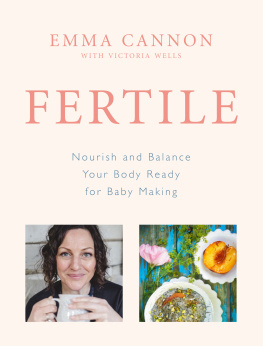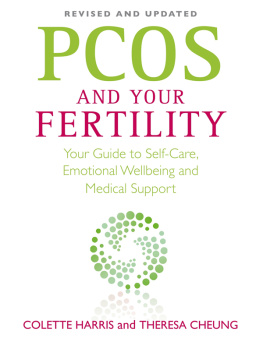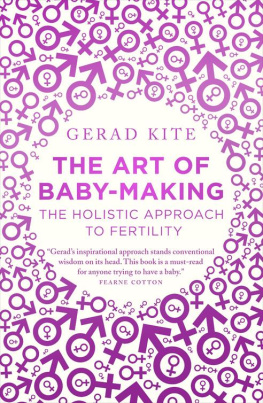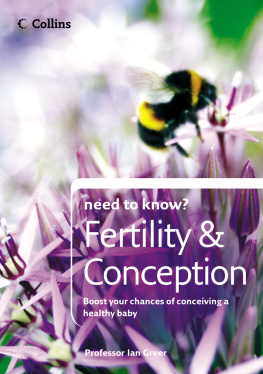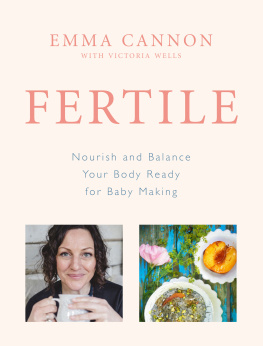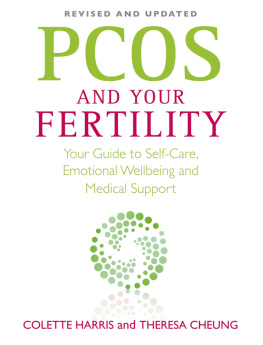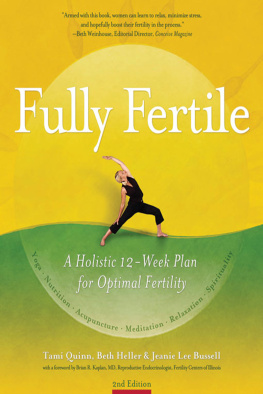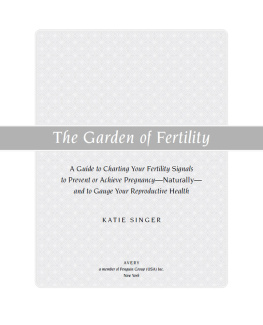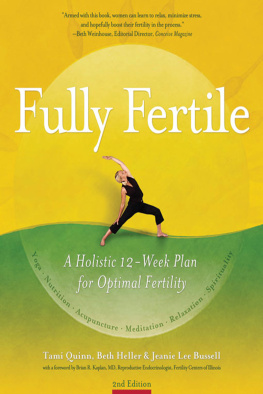Contents
Throughout our day, however busy we are, there are tiny adjustments that can be made to live a more fertile life. These can be as simple as getting up 20 minutes earlier to stretch or meditate or to spend 20 minutes on a heartfelt project that always gets put to the bottom of the to do list. Or deciding to engage fully in making a delicious breakfast to start the day, instead of reaching for empty calories; or walking to work and taking in our surroundings; or being engaged and focused in what we are doing instead of what we could be doing or what we will be doing later. Be here now, I often remind my patients and myself! Be present; enjoy the moment for what it is. This is where happiness lies, not in something not yet achieved. We are all busy but small adjustments can bring great changes.
Living a fertile life means being honest about how you really want to spend your precious time. For you, this might be leaving work on time and not feeling guilty, or saying no when you mean no, instead of saying yes and not meaning it. It is about feeling joyful about food and making choices that will preserve and optimise your fertility, your health and your wellbeing for many years to come.
In the twenty-first century we are living longer and have higher expectations than ever before of what our bodies ought to be able to achieve. I have discovered that it doesnt matter what reason a new patient or couple has for coming to see me, my role is to help them be more balanced, whether it is in the body, the mind or in their lives (usually it is in a little of all three). It is encouraging to see so many people now actively involved in their own health and fertility. The conversation is really beginning to grow around this topic and people appear to be more able to talk openly about fertility. Concerns about not leaving it too late to conceive and also how diet or lifestyle might have an impact on fertility are all current topics of discussion. There is a real sea change in peoples awareness and an acceptance that how we live our lives does impact on our health and fertility.
Jing (essence)
Jing is the term used in Chinese medicine to describe our Essence, or constitutional health. Jing is a fundamental aspect of fertility and long life and it determines our individual reproductive capabilities. In many ways this book is based on ways to nourish and protect Jing so that you are able to remain in optimal fertility for as long as your individual constitution determines.
The health of the parents at the time of conception determines the health of the child. Some people are born with plentiful Jing inherited from their parents and others inherit less. Parents with good Jing tend to pass this on to their children, unless there is trauma in pregnancy or in birth. Good living can go some way to preserving and optimising Jing. So even those who are born with less Jing may be able to improve it by good lifestyle choices, whereas those with poor Jing and who make poor lifestyle choices may weaken their fertility for ever. Poor living, overworking, not recovering from illness and trauma and accidents can all deplete our Jing.
Our Jing is unique to us, so it is completely pointless comparing ourselves to others. So often patients will say to me, but so and so ran marathons right up until she had her baby and she was fine, or Victoria Beckham was stick thin when she conceived, or my husband wont give up drinking because his friend Harry drank like a fish and Mary still conceived even though she smoked 20 cigarettes a day. This sort of talk is completely futile as it is all a matter of individual reproductive capabilities not to mention the fact that Harry and Marys child may not have been particularly healthy!
Our mothers
While we are on the subject of Jing, our constitutional inheritance, it is a good time to think about your mum. Our biological mothers hold a great deal of important information for us regarding our own health. If you are lucky enough to have your mum around, make sure you have a chat with her. Find out if she had any gynaecological problems, what age she was when she had the menopause, whether she smoked when pregnant with you or if she had any major health issues around your birth or conception. It is all useful information when assessing your own potential powers of fertility.
My family
In my house food is the first medicine. I use food to keep my family healthy and to manage minor health problems.

